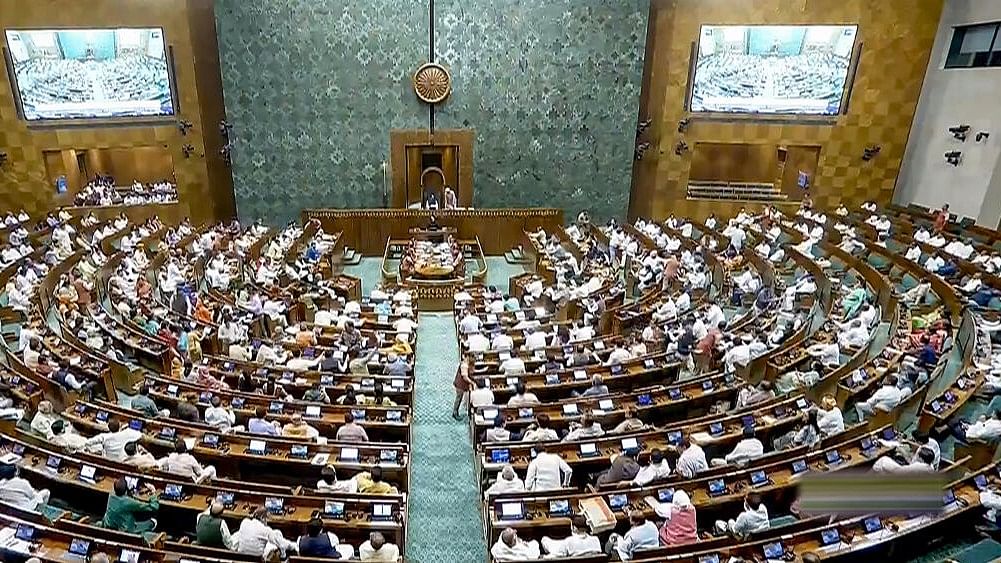India Trails Behind 150 Nations in Female Representation in Lok Sabha

India’s representation of women in parliament lags behind that of 150 other countries, as per data from IPU-Parline, a global database on national parliaments. Despite the 2024 Lok Sabha elections seeing 74 women MPs elected, constituting 13.6 percent of the total members of parliament, the country’s ranking has fallen in the global index.
Among the political parties, 14 have women elected as MPs, with the BJP leading the pack with 31 women MPs, followed by the Congress with 13 and the TMC with 11. However, India’s representation of women MPs in 2019, which was the highest recorded till date, has seen a decline, resulting in the country’s ranking slipping to 150th place.
India’s representation falls short of both the global average of 26.5 percent and the South and Central Asian average of 19 percent for women MPs. Countries like the UAE, South Africa, USA, and the UK outrank India in this aspect. Rwanda, with women MPs constituting 61.3 percent of its parliament, holds the top position in the index.
In comparison to its neighbors, India’s performance is also lower, with Pakistan ranking at 116, China at 89, and Nepal at 55. In an effort to address this gender disparity, India passed the Women’s Reservation Bill (Nari Shakti Vandan Adhiniyam) in 2023, which aims to provide 33 percent reservation to women in both the Lok Sabha and state assemblies by 2029, after fulfilling delimitation and census requirements.
The implementation of this quota system is seen as a crucial step towards ensuring greater participation of women in parliament, aligning with global trends where countries like Rwanda, with similar reservation policies, lead in women’s representation.



